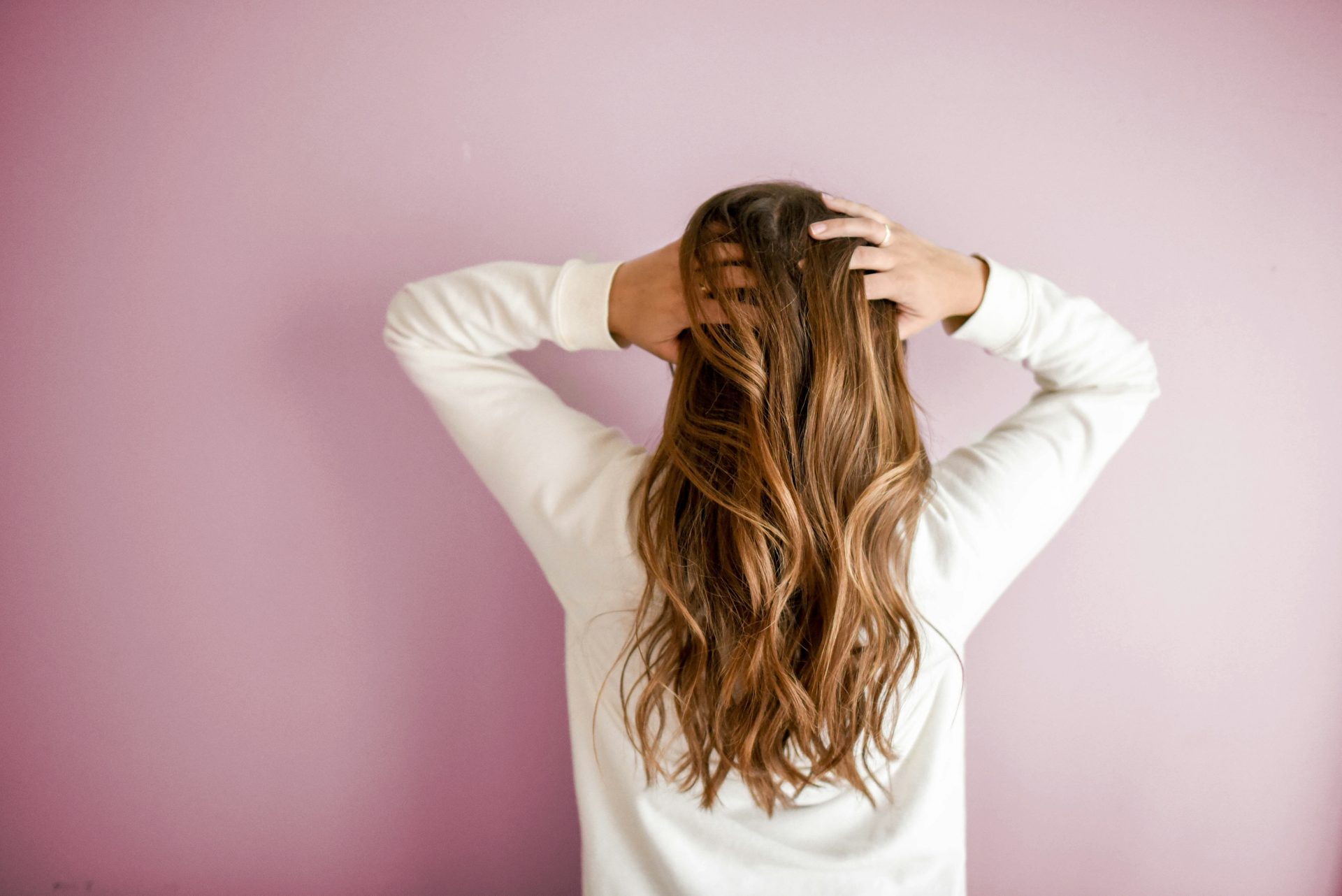
Biotin and Hair Growth: Does It Actually Work?
Walk into any pharmacy or scroll through social media and you’ll find endless products promising thicker, fuller hair. Among them, biotin is everywhere—marketed in gummies, capsules, and powders as the go-to supplement for stronger strands and faster growth. But does biotin really live up to the hype? And what do we actually know about how biotin works when it comes to hair?
Here’s a closer look at the science behind biotin supplements, what they can (and can’t) do for your hair, and how to tell whether they’re right for you.
What Is Biotin?
Biotin, also known as vitamin B7, is a water-soluble B-vitamin that helps your body convert food into energy. It’s essential for healthy skin, nerves, and—yes—hair and nails. Your body doesn’t store biotin, which means it has to come from your daily diet or supplements.
Naturally, biotin is found in foods like:
- Eggs (particularly the yolk)
- Nuts and seeds
- Sweet potatoes
- Spinach
- Broccoli
Most people get enough biotin through their diet without thinking much about it. However, in recent years, biotin supplements have been heavily promoted as a cure for hair thinning, breakage, and slow growth—leading many people to take high daily doses without knowing whether they’re actually deficient.
How Biotin Works in the Body
Biotin’s role in hair health lies in its ability to support the production of keratin, the protein that makes up hair, skin, and nails. By assisting in key enzymatic processes, biotin may help strengthen the hair shaft, improve resilience, and reduce breakage.
However, here’s the important catch: biotin only helps if your body actually needs it. People with a true biotin deficiency—due to genetics, restrictive diets, or certain medical conditions—can experience symptoms like thinning hair, brittle nails, or dry skin. For these individuals, biotin supplementation can correct the deficiency and support healthy regrowth.
But for the average healthy person with no deficiency? The benefits may be minimal or nonexistent.
What the Research Says
When it comes to hair growth in non-deficient individuals, clinical evidence supporting biotin’s effectiveness is limited.
Several small studies have found that biotin may improve hair thickness and shine—but most of these involve participants with underlying health conditions or hair loss due to deficiency. There is currently no large-scale, peer-reviewed evidence proving that biotin can regrow hair or significantly slow hair loss in the general population.
That said, many users report anecdotal benefits from biotin supplements. Because biotin is generally safe and well-tolerated, it remains a popular first step for people looking to improve hair health naturally—especially when combined with other nutrients like zinc, iron, or vitamin D.
Signs You Might Benefit from Biotin
You may benefit from biotin supplements if:
- You’re on a restrictive or vegan diet lacking biotin-rich foods
- You’ve recently experienced rapid hair shedding or brittle nails
- You’ve been diagnosed with a biotin deficiency
- You’re taking medications known to interfere with nutrient absorption (e.g. antibiotics, anti-seizure drugs)
However, if your hair loss is due to genetics, hormones, or medical conditions like alopecia or thyroid dysfunction, biotin alone won’t be enough. That’s where professional assessment and treatment options come into play.
Clinics like Aventus Clinic can help identify the root cause of your hair concerns and recommend the right combination of treatments—whether that includes biotin or not.
Supplementing Safely
If you do choose to take biotin, it’s important to do so mindfully:
- Stick to recommended daily dosages (typically 30–100 mcg for adults unless advised otherwise)
- Avoid excessive doses unless prescribed—mega-doses may interfere with lab tests or mask other deficiencies
- Track your results over time and consult your doctor if you notice no improvement after 2–3 months
Because biotin is water-soluble, any excess is usually excreted in urine—but more is not always better.
Alternative Ways to Support Hair Health
While biotin may be part of the picture, it’s rarely the whole solution. Other ways to support healthy hair growth include:
- A balanced, protein-rich diet
- Managing stress and sleep
- Avoiding excessive heat or chemical treatments
- Exploring advanced treatments like PRP therapy, low-level laser therapy, or topical medications if hair loss persists
Final Thoughts
Understanding how biotin works helps set realistic expectations. It’s a useful vitamin for people with a deficiency—but not a miracle cure for every kind of hair loss. For some, it’s a helpful support. For others, it’s a placebo effect with little real impact.
The best approach? Get expert advice, identify the actual cause of your hair concerns, and build a plan that combines nutrition, lifestyle, and proven clinical treatments. When it comes to hair health, knowledge really is power.



 Bitcoin
Bitcoin  Ethereum
Ethereum  Tether
Tether  XRP
XRP  USDC
USDC  TRON
TRON  Lido Staked Ether
Lido Staked Ether  Cardano
Cardano  Avalanche
Avalanche  Toncoin
Toncoin  Wrapped SOL
Wrapped SOL